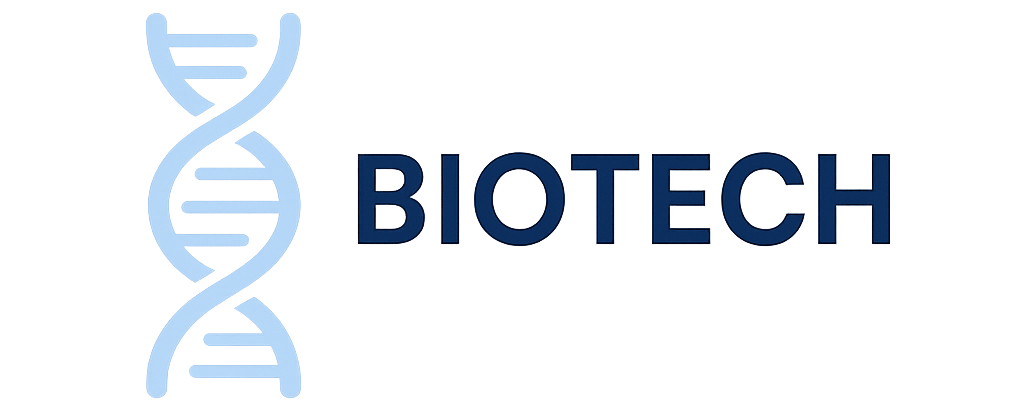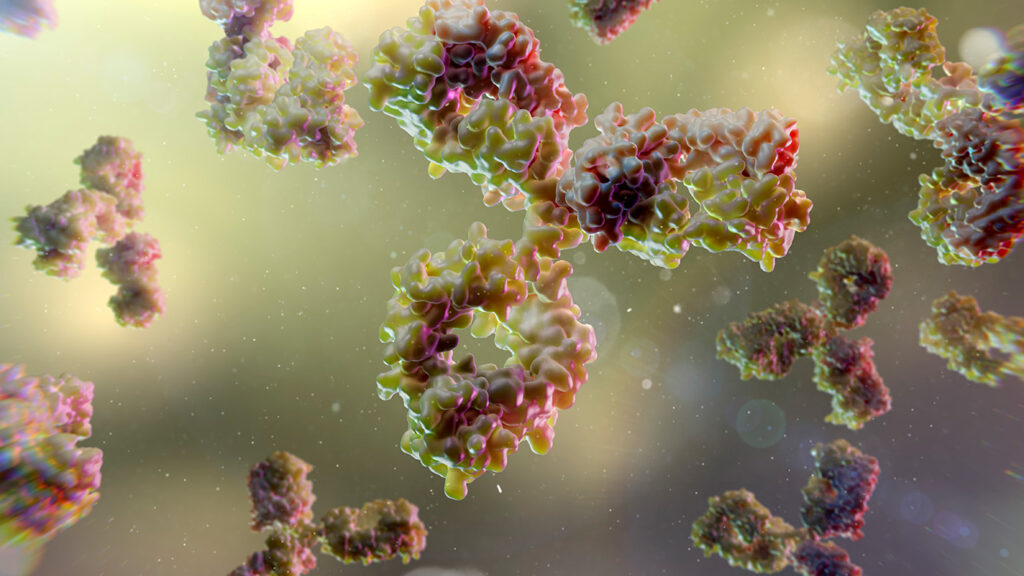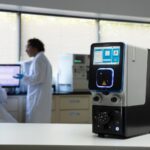In April, the FDA announced an ambitious plan to phase out animal testing requirements for monoclonal antibodies and other therapies in an effort to improve drug safety and reduce R&D costs. The goal is to pursue potentially more effective human-relevant methods for drug development, including lab-grown organoids and artificial intelligence (AI) models.
In a step toward antibody humanization, Infinimmune has announced GLIMPSE-1, a protein language model trained solely on paired human antibody sequences with scalable applications in antibody engineering and optimization. From an arbitrary sequence in a single shot, GLIMPSE-1 can optimize humanization parameters, such as affinity, species cross-reactivity, and developability metrics, offering an appealing alternative to resource-intensive animal immunizations, structural modeling and validation, and synthetic screening. The work is posted as a preprint on bioRxiv that has not yet been peer reviewed.
“There’s a 450 million year old drug discovery engine inside each one of us for a reason,” Wyatt McDonnell, PhD, co-founder and CEO of Infinimmune, told GEN when describing how human-produced antibodies have inherent relevant safety and efficacy profiles. “Human biology is the best clinical biology.”
![The human immune system continuously tests and optimizes antibodies through multiple tissues. Infinimmune captures these antibodies through its Anthrobody and Complete Human platform technologies, providing the training data for GLIMPSE-1. [Infinimmune]](https://www.genengnews.com/wp-content/uploads/2025/06/Infinimmune-1024x514.png)
Target acquired
Founded in 2022, the Bay Area-based company started as a team of five technologists with 10x Genomics origins who watched pharmaceutical companies wrangle with the under-adoption of single-cell technology. According to McDonnell, many different types of human antibodies are missed by marketed technologies, leading to a data and technology gap.

Infinimmune has focused its platform on engineering autoantibodies, or antibodies involved in autoimmune disease. Unlike their foreign pathogen-recognizing counterparts, autoantibodies target human proteins and must be engineered to evade the human immune response.
Approximately one-third of antibodies developed from naive B cells are autoreactive, with a high proportion living in long-term immune memory for decades, offering a trove of therapeutically relevant targets.
However, public datasets are fairly limited in autoantigen-specific antibody information. Traditional data generation has relied on inefficient and low-scale experimental approaches for immortalizing B cells, such as producing hybridomas, a cell culture fusing antibody-producing B cells with cancer cells that can grow indefinitely.
Over the past three years, Infinimmune has developed a single-cell sequencing platform that screens millions of single antibody sequences against hundreds of targets at once to significantly increase the throughput of antibody-target identification.
In developability, human antibodies contain unique sequence patterns and structural motifs adapted to human physiology to ensure proper folding, stability, and immune compatibility. One notable characteristic is the structural paired context of antibody heavy and light chains.
In contrast with standard industry approaches, which design antibodies on a chain-by-chain basis, GLIMPSE-1 accounts for the paired context of the entire antibody to capture a representative developability profile and avoid overengineering. For example, the orientation in which a heavy and light chain interact can shield a developability motif that could lead to unwanted degradation at high concentration.
Using 95% less training data derived from public databases and Infinimmune’s prioprietary platform (Anthrobody and Complete Human), GLIMPSE-1 was able to match the performance of Sapiens, the current best-in-class model for human antibody engineering developed by Merck.
McDonnell said the team is excited to attach clinical data to their technological platform. GLIMPSE-1 has been used to engineer Infinimmune’s first pipeline assets. The company will be taking programs into the clinic after their Series A fundraise and anticipates announcing global pharma partnerships later this calendar year.



